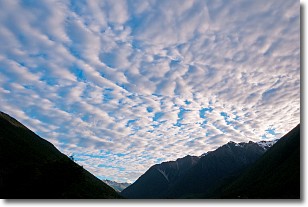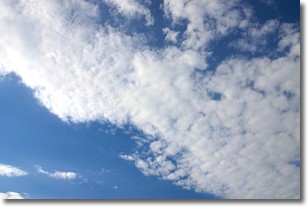Weather Alert in Texas
Heat Advisory issued May 13 at 1:25PM CDT until May 14 at 7:00PM CDT by NWS San Angelo TX
AREAS AFFECTED: McCulloch; San Saba; Kimble; Mason
DESCRIPTION: * WHAT...Temperatures around 105 degrees expected this afternoon and 105 to 108 Wednesday afternoon. * WHERE...Kimble, Mason, McCulloch, and San Saba Counties. * WHEN...For the first Heat Advisory, until 7 PM CDT this evening. For the second Heat Advisory, from 1 PM to 7 PM CDT Wednesday. * IMPACTS...Hot temperatures may cause heat illnesses.
INSTRUCTION: A Heat Advisory means that hot weather conditions are occurring or expected. This will create a situation in which heat illnesses are possible. Never, ever, leave children or pets alone in enclosed vehicles, not even for a few minutes. Car interiors can reach lethal temperatures in a matter of minutes. Stay indoors and seek air-conditioned buildings. Drink water more than usual, and avoid dehydrating alcoholic, sugary, or caffeinated drinks. Dress for the heat by wearing lightweight and light colored clothing. Eat small meals and eat more often. Monitor those with a higher vulnerability to heat, including small children. Check in on family, friends, and neighbors, especially the elderly. If engaging in outdoor activity, take longer and more frequent breaks and avoid the hottest parts of the day.
Want more detail? Get the Complete 7 Day and Night Detailed Forecast!
Current U.S. National Radar--Current
The Current National Weather Radar is shown below with a UTC Time (subtract 5 hours from UTC to get Eastern Time).

National Weather Forecast--Current
The Current National Weather Forecast and National Weather Map are shown below.

National Weather Forecast for Tomorrow
Tomorrow National Weather Forecast and Tomorrow National Weather Map are show below.

North America Water Vapor (Moisture)
This map shows recent moisture content over North America. Bright and colored areas show high moisture (ie, clouds); brown indicates very little moisture present; black indicates no moisture.

Weather Topic: What are Stratus Clouds?
Home - Education - Cloud Types - Stratus Clouds
 Next Topic: Wall Clouds
Next Topic: Wall Clouds
Stratus clouds are similar to altostratus clouds, but form at a
lower altitude and are identified by their fog-like appearance, lacking the
distinguishing features of most clouds.
Stratus clouds are wider than most clouds, and their base has a smooth, uniform
look which is lighter in color than a nimbostratus cloud.
The presence of a stratus cloud indicates the possibility of minor precipitation,
such as drizzle, but heavier precipitation does not typically arrive in the form
of a stratus cloud.
Next Topic: Wall Clouds
Weather Topic: What are Altocumulus Clouds?
Home - Education - Cloud Types - Altocumulus Clouds
 Next Topic: Altostratus Clouds
Next Topic: Altostratus Clouds
Similar to cirrocumulus clouds, altocumulus clouds are
characterized by cloud patches. They are distinguished by larger cloudlets
than cirrocumulus clouds but are still smaller than stratocumulus clouds.
Altocumulus clouds most commonly form in middle altitudes (between 2 and 5 km)
and may resemble, at times, the shape of a flying saucer.
These uncommon formations, called altocumulus lenticularis, are created by uplift
in the atmosphere and are most often seen in close proximity to mountains.
Next Topic: Altostratus Clouds
Current conditions powered by WeatherAPI.com




